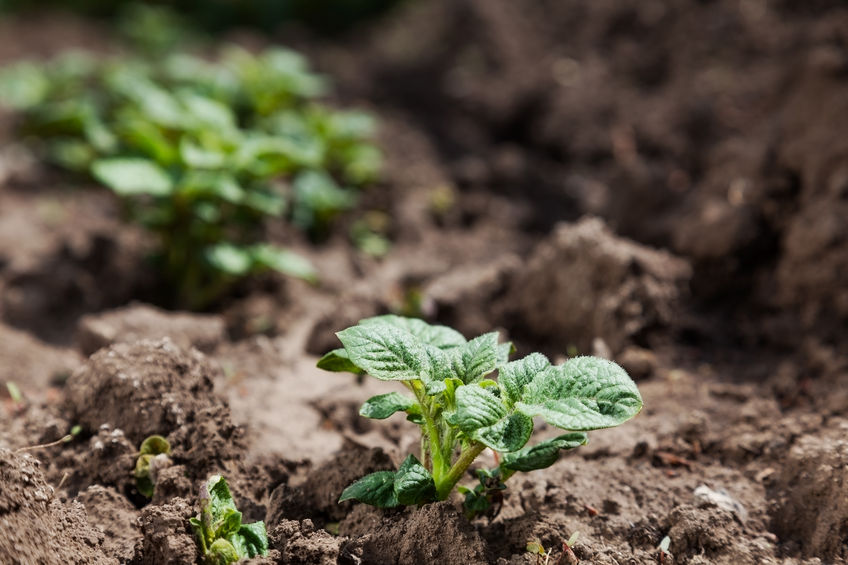
Organically farmed food has a bigger climate impact than conventionally farmed food, due to the greater areas of land required, a new study suggests.
Researchers developed a new method for assessing the climate impact from land-use, and used this, along with other methods, to compare organic and conventional food production.
The results show that organic food can result in greater emissions, the Chalmers University of Technology, Sweden study suggests.
“Our study shows that organic peas, farmed in Sweden, have around a 50 percent bigger climate impact than conventionally farmed peas,” says Stefan Wirsenius, an associate professor from Chalmers, and one of those responsible for the study.
“For some foodstuffs, there is an even bigger difference – for example, with organic Swedish winter wheat the difference is closer to 70 percent.”
'Greater land-use'
Yields per hectare are much lower for organically farmed food, primarily because fertilisers are not used. To produce the same amount of organic food, a bigger area of land is therefore needed.
The ground-breaking aspect of the new study is the conclusion that this difference in land usage results in organic food causing a much larger climate impact.
“The greater land-use in organic farming leads indirectly to higher carbon dioxide emissions, thanks to deforestation,” explains Stefan Wirsenius.
“The world’s food production is governed by international trade, so how we farm in Sweden influences deforestation in the tropics. If we use more land for the same amount of food, we contribute indirectly to bigger deforestation elsewhere in the world.”
Even organic meat and dairy products are – from a climate point of view – worse than their conventionally produced equivalents, the study, published in the journal Nature, claims.
He adds: “Because organic meat and milk production uses organic feed-stocks, it also requires more land than conventional production.
“This means that the findings on organic wheat and peas in principle also apply to meat and milk products. We have not done any specific calculations on meat and milk, however, and have no concrete examples of this in the article.”
Carbon Opportunity Cost
The researchers used a new metric, called the “Carbon Opportunity Cost”, to evaluate the effect of greater land-use contributing to higher carbon dioxide emissions from deforestation.
This metric takes into account the amount of carbon that is stored in forests, and thus released as carbon dioxide as an effect of deforestation.
The study is among the first in the world to make use of this metric.
“The fact that more land use leads to greater climate impact has not often been taken into account in earlier comparisons between organic and conventional food,” says Stefan Wirsenius.
“This is a big oversight, because, as our study shows, this effect can be many times bigger than the greenhouse gas effects, which are normally included. It is also serious because today in Sweden, we have politicians whose goals are to increase production of organic food.
“If those goals are implemented, the climate influence from Swedish food production will probably increase a lot.”
Latest figures released by Defra show the number of UK producers farming organically increased by almost 2% in 2017 - the first increase in at least six years.
